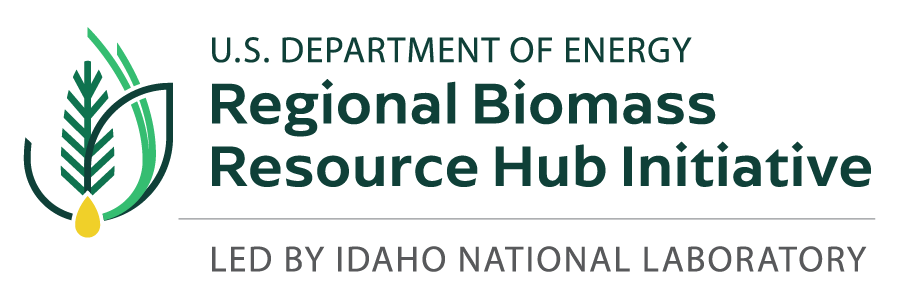Description
The bioKDF supports the data-driven bioeconomy, by ensuring equitable access to high-quality data that supports breakthroughs for the US bioeconomy, including market analyses by feedstock and data behind the Billion-ton Reports. This data can be used to chart a course for larger investments in support of strategically targeted scientific research. On bioKDF.ornl.gov, you’ll find easy-to-use tools, including maps at the county level for various feedstocks that show modeled resources for different areas such as what energy crops may grow well in different US regions. Using modern data principles, the bioKDF makes it easy to find and access these important data as well as provide key information about the data to ensure it is interoperable and reusable (FAIR). This supports new advancements and interdisciplinary collaborations needed for rapid research outcomes for a Sustainable, Safe, and Secure American Bioeconomy.
Capability Bounds
This centralized data repository for net-zero strategies from biomass archives economic and geospatial data about the sustainability of and market analyses for: marine biofuels, sustainable aviation fuels (SAF), biomass-power including Bioenergy with Carbon Capture and Storage (BECCS), and high-octane fuels. Additional topics include the Billion-ton data, and standards for bioenergy.
Unique Aspects
The bioKDF provides a centralized repository of datasets and reports and contributes decision:
– criteria for each feedstock management; matrices regarding cost, performance, and life cycle impacts; support to make informed decisions on how to integrate bioenergy into existing cropping systems.
Availability
The data repository is used for a variety of BETO priority datasets and analyses and can accommodate select additional datasets. Use of standard metadata is encouraged, and personnel can guide data contributors to these protocols. ORNL expertise in data science techniques can provide guidance on data archival and decision-support.
Benefit
The bioKDF accelerates strategic bioeconomy decisions with centralized data, aiding market investments. Its user-friendly tools optimize research, fostering interdisciplinary collaboration, streamlining access to economic and geospatial data for sustainable biomass utilization.
Capability Expert(s)
Maggie Davis
References
Parish, E., V. Dale, M. Davis, R. Efroymson, M. Hilliard, H. Jager, K. Kline, F. Xie. 2021. An Indicator-based Approach to Sustainable Management of Natural Resources. Chapter 14 of Data Science Applied to Sustainability Analysis. ISBN: 9780128179765.
Davis, M.R.; Alves, B.J.R.; Karlen, D.L.; 5.Guntapally, K., K. Dumas, G. Prakash, R. Devarakonda, W. Darnell, M. Davis, R. Cederwall, 2021. Enabling modern data discovery for atmospheric measurements. Earth Science Informatics.
Quille RVE, de Almeida FV, Ohara MY, Corrêa PLP, de Freitas LG, Alves-Souza SN, de Almeida JR Jr., Davis M, Prakash G., 2023. Architecture of a Data Portal for Publishing and Delivering Open Data for Atmospheric Measurement (opens in new window). International Journal of Environmental Research and Public Health. 20(7):5374.
Enabling modern data discovery for atmospheric measurements (opens in new window)
Kline, K.L.; Galdos, M.; Abulebdeh, D. Review of Soil Organic Carbon Measurement Protocols: A US and Brazil Comparison and Recommendation. Sustainability 2018, 10, 53.
